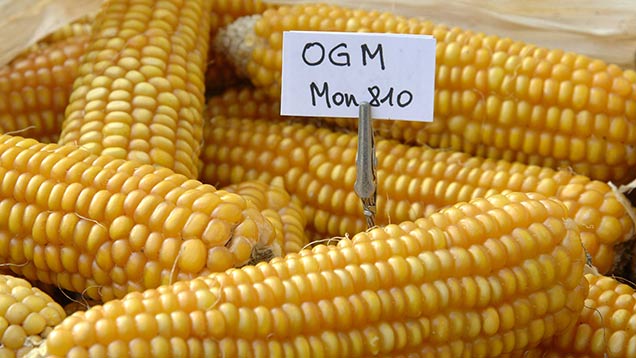GM crops scheme rejected by Environment Committee of European Parliament
 ©Sipa Press/Rex Shutterstock
©Sipa Press/Rex Shutterstock EU lawmakers have voted against plans to allow individual member states to opt out of trade in GM crops grown outside their territory.
The Environment Committee of the European Parliament voted on a EU draft law that would enable any member state to restrict or prohibit the sale and use of EU-approved GM food or feed.
But MEPs rejected the draft law by 47 votes to three, with five abstentions, raising concerns that the proposal might prove “unworkable” and lead to the reintroduction of border controls between pro and anti-GM countries.
See also: Wales bans GM crops to protect organic farming
“For us, the existing legislation should remain in place, and member states should shoulder their responsibilities and take a decision together at EU level, instead of introducing national bans,” said Environment Committee chairman Giovanni La Via.
“After we spent so many years getting rid of internal barriers, this proposal could fragment the internal market and lead to a return to border inspections, which we all worked hard to get rid of at the time.”
The whole European Parliament will vote on the draft law on 28 October in Strasbourg.
If the law is rejected, the European Union’s executive could decide to table an alternative proposal. The latest vote was a proposal on trade in GM crops.
Member states had already been given the power earlier this year to decide whether they wanted to grow GM crops on their territory. The vote saw 19 out of 28 EU member states requesting to opt out.
Devolved governments in Scotland, Wales and Northern Ireland have all released statements saying they would not allow GM crops to be grown commercially on their territory at this stage.
This is in contrast to the UK government, which has spoken out in favour of allowing farmers in England to decide if they want to grow GM crops or not.
Currently, the only GM crop authorised for cultivation in the EU is Monsanto maize variety MON810, which has been cultivated in Spain and Portugal for more a decade. Conversely, 60 GM imports are approved for use in the EU, mainly for animal feed.
